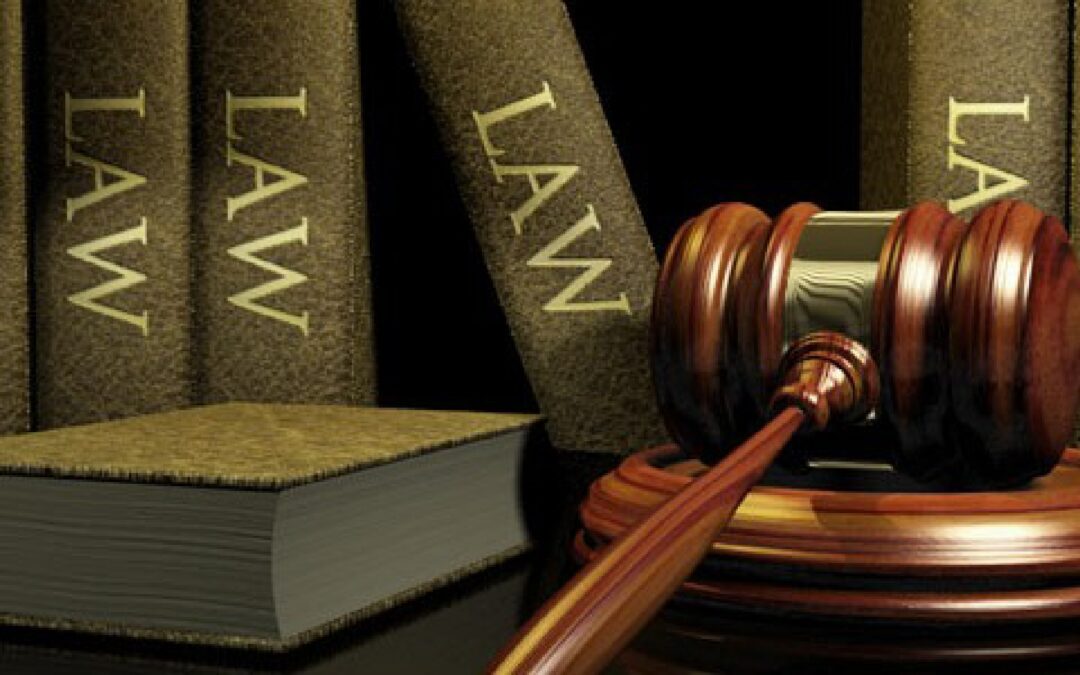Civil cases are among the broadest and most comprehensive branches of law, as they regulate relationships between individuals in various aspects of daily life, away from criminal or administrative aspects. They encompass a wide range of disputes related to contracts, property, compensations, civil liability, rentals, and other legal relationships between individuals or legal entities.
First: What is meant by civil cases?
A civil case is a legal dispute that arises between two or more parties regarding a civil right or obligation. It is adjudicated in civil courts, where one party seeks compensation or the enforcement of a specific obligation, relying on written evidence, witnesses, and legal inferences.
Second: Common types of civil cases
1. Contract cases: Such as disputes over the execution or termination of a sale, lease, or contract.
2. Property cases: Disputes related to the ownership of real estate, land, or movable property.
3. Compensation cases: Resulting from harm caused by an unlawful act or negligence, such as traffic accidents or tort liability.
4. Non-family personal status cases: Such as wills, gifts, and undisputed inheritance according to Sharia.
5. Lease cases: Including eviction of the tenant, claiming rent, or maintenance.
Third: Procedures followed in civil cases
A civil dispute usually begins with the submission of a lawsuit before the competent court, in which the plaintiff outlines all the details of the case and requests the summons of the defendant to respond. The case goes through several stages, including:
Exchange of memos and legal defenses.
Presentation of evidence and documents.
Hearing sessions.
Issuance of the judgment.
The possibility of appeal or review, depending on the applicable judicial system.
Fourth: The Importance of Having a Lawyer in Civil Cases
Due to the diversity and complexity of civil issues, having a specialized lawyer is an indispensable necessity. The lawyer does the following:
Analyzes the elements of the case legally.
Determines whether there is a right to claim or defend.
Drafts legal memoranda professionally.
Represents their client before the court and presents evidence and testimonies.
Follows up on the execution if a judgment is issued.
Fifth: Alternative Means for Resolving Civil Disputes
Resorting to court is no longer the only option; today, there are alternative means for resolving civil disputes, the most prominent of which are:
Mediation: Conducted by a neutral party who helps bridge differing viewpoints.
Arbitration: Where a third party is delegated to resolve the dispute with a binding decision.
Friendly settlement: Through an agreement between the two parties before or during the course of the lawsuit.
These means are often less costly and quicker in procedures than resorting to court.
Sixth: When should a civil lawsuit be filed?
It is advised not to rush into filing civil lawsuits until all attempts at amicable resolution have been exhausted. However, if the dispute persists and there is clear harm or a lost right, one should consult a specialized lawyer immediately to assess the situation and file the lawsuit within the legal timeframe, as some rights may be extinguished by prescription.
Summary
Civil cases touch the core of daily life, from employment relationships to commercial transactions and property. Because they rely heavily on details and documents, consulting a specialized lawyer is not limited to judicial representation, but also includes proactive legal protection. By adhering to the law and acting in good faith, many of these disputes can be avoided or at least managed professionally to ensure rights and achieve justice.

